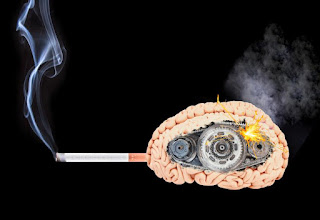TAKE NOTHING FOR GRANTED

What is it about Friday that makes us all tired? Or makes me tired? It was 1:30 pm by my watch and had only been in theatre for slightly over 4 hours. I was helping the anaesthetist pack the instruments after our last scheduled case when the attending surgeon came in. Seemed like our day wasn’t done yet. The anaesthetist too was tired but he gets paid anyway and I don’t. Am a student though and need to maximise every opportunity to learn too… I had the option of leaving and going to have lunch and rest (am human too) or staying back to learn some more..…this never ending internal conflict, this duel loyalty idea, at times just takes a toll. The patient was a 5-day old female neonate born with an imperforate anus-simply, the bottom end was closed. Sadly, this malformation doesn’t usually occur in isolation but is associated with heart, urinary, tracheal and oesophageal defects among others. Quickly, my thoughts were drawn to think of the little’s girl’s future outlook. Here I was in...





